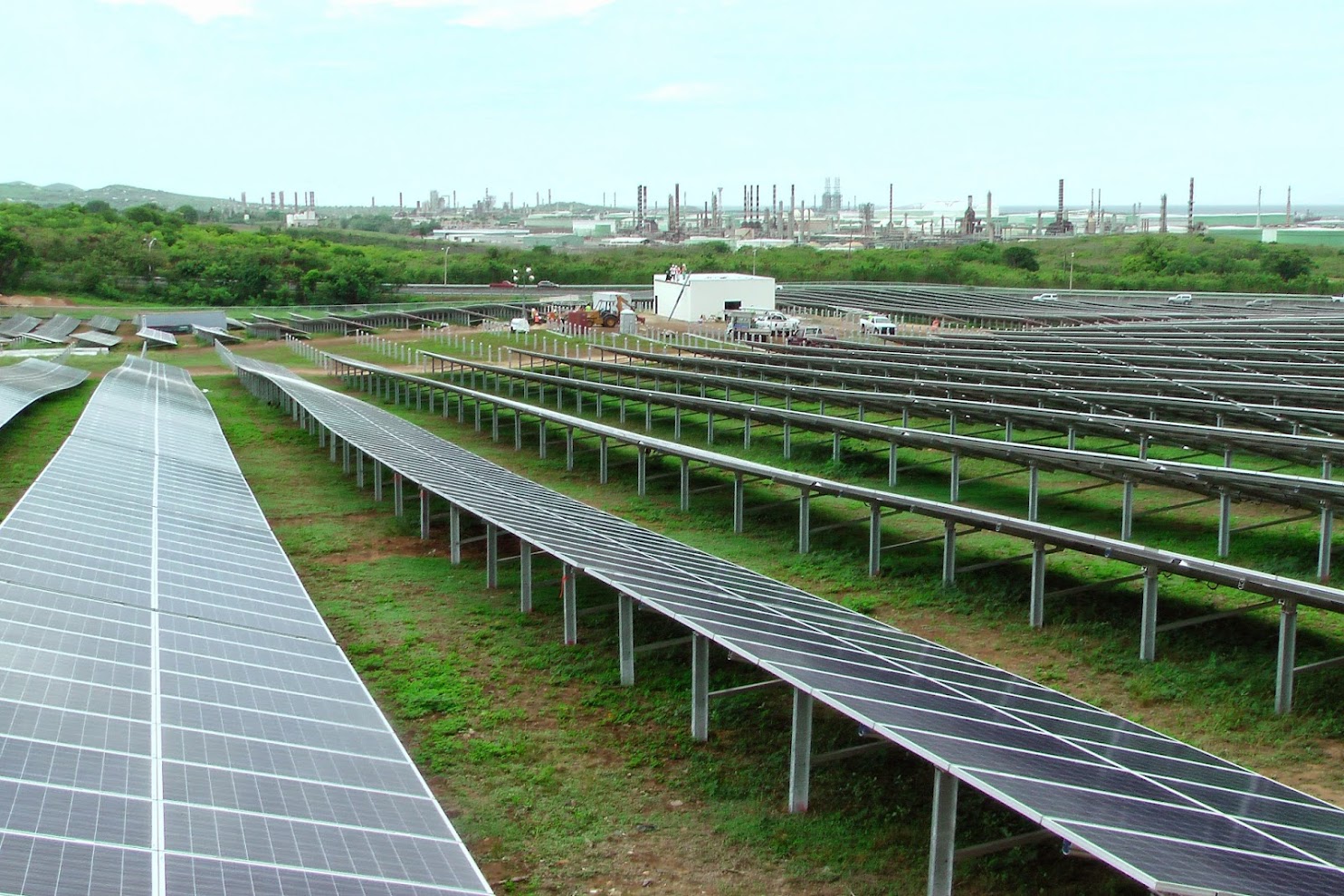
Kyle Fleming, director of the Energy Office, sees alternative energy projects flourishing in the territory in 2024. This week, he answered questions from the Source concerning how approximately $14 million in federal funding in 2023 and the anticipation of over $150 million in 2024 will be spent.
A big chunk of that funding is a $100 million grant from the U.S. Environmental Protection Agency for the ‘Solar for All’ initiative.
Fleming told the Source the Solar for All proposal would fund rooftop and community solar, where customers could benefit from solar energy generated by off-site arrays.
He added that in addition to enabling solar deployment, the funding will be leveraged to deploy battery storage for renewables to improve the grid’s reliability.
Another project the Energy Office is set to launch is a virtual power plant. Fleming says virtual power plants include distributed energy resource technologies. Currently, the Virgin Islands have potentially thousands of DERs in the form of residential and commercial solar and batteries that sit behind the WAPA meters and serve individual customers directly.
Fleming explained that under a virtual power plant, the current and growing network of DERs in the territory can be connected and managed to benefit the entire energy system instead of only the customers where those systems are located.
“For example,” he stated,” Instead of turning on an additional costly fossil fuel generator at the Richmond plant to meet short peak demand in the hot summer months, the utility can call on the over 2000 Tesla Powerwalls that have been installed across the island to provide the equivalent power that the generator would have supplied. This can improve the overall grid reliability for everyone, not just the homes with batteries.”
The funding for these grants was made available through the Inflation Reduction Act and the Bipartisan Infrastructure Law.
The grants will also support a micro-grid installation at the WTJX mountaintop tower site on St. Thomas. Fleming says, “As a critical territorial communication resource, this site will further demonstrate the value of diversifying energy sources at crucial infrastructure across the territory.”
The Energy Office also plans to build renewable-powered electric vehicle charging stations using grant money, but the sites for the charging stations have not yet been chosen.
A press release from the Energy Office stated, “These programs aim to significantly reduce energy costs and bolster clean energy infrastructure, from residential solar and battery systems to electric vehicles.”


